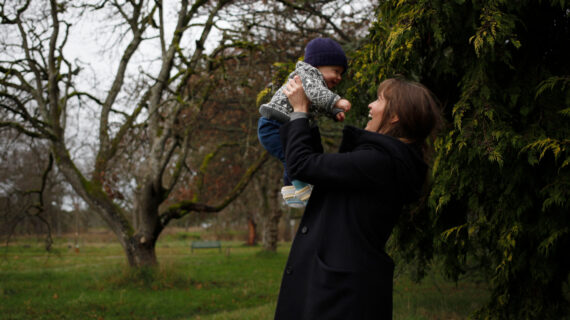Welcome to The Hub’s Federal Election 2021 Policy Pulse, where we’ll be tracking all the policy announcements from the major parties, with instant analysis from our crew of experts.
With the election scheduled for Sept. 20, we’ll be monitoring 36 days worth of policy ideas, so watch out each morning for the day’s live blog where we’ll be tracking every announcement as it happens.
1:00 p.m. — Minority governments are now likely the norm
By Royce Koop, contributor at The Hub
The polls suggest we are heading for another minority government in Canada. The CBC’s poll tracker currently puts the Liberals and Conservatives neck-and-neck at about 31 percent each. That will likely translate into a Liberal minority.
Minority governments have been quite rare throughout Canadian history. This is in part because Canada’s single-member plurality electoral system is designed to produce majority governments by giving the winning party a boost in seats. Most of the time it’s done just that. But the 21st century has been quite different than the 20th: four of the seven elections held since 2000 have produced minority rather than majority governments. The current election is likely to add to the minority column.
In part, this is due to the presence of small parties that make it harder for the big parties to clinch enough seats to form a majority. For example: the Bloc, NDP, and Greens won a total of 59 seats in the 2019 election. Taking roughly a fifth of the seats in the House of Commons out of play makes it that much harder for either the Liberals or Conservatives to get to the 170 needed to form a majority. And the continued presence of small parties means minority governments might be the norm in Canadian politics for some time to come.
Majority and minority governments have different advantages. Majority governments, given the prevalence of party discipline in Canada, are secure and so allow the cabinet to be decisive and take initiatives that might be unpopular in the short term. In contrast, minority governments are thought to be more moderate and consensual since the they must patch together support from opposition parties if they hope to govern.
That’s how things are supposed to work. In practice, however, they can be quite different. If opposition parties don’t want an election because, for example, they lack money or are in the middle of a leadership race, then they will effectively let a minority govern as it wishes. And, while consensus sounds good in theory, it can result in a never-ending game of brinkmanship between the government and opposition. Every vote is super-charged, and every issue drowned in partisanship as the parties constantly position and re-position themselves for an election that could be just around the corner.
The immediate consequence of the election of another minority government may be leadership change as one or more of the parties comes to terms with their inability to secure a clear majority mandate. Canadian politics is likely to become more, not less, intense after this election.
8:00 a.m. — For candidates on election day, it’s about blocking out the noise
By Rob Leone, contributor at The Hub
In the dying days of the campaign, astute citizens and political observers are hanging at the edge of their computer screens trying to get the latest news. We are hitting refresh to see the latest news, meme, or TikTok video. We watch election news on social media like it’s the final of the U.S. Open tennis match with balls being batted back and forth, and we hope that our team scores that ace on our opponents.
But, for candidates, whose name is on the ballot, they can’t be consumed by any of it. I’m reminded of the famous Dr. Suess line: “And then all the noise. All the noise, noise, noise, NOISE! They’ll bang on tong-tinglers, blow their foo-flounders, they’ll crash on jang-jinglers, and bounce on boing-bounders.” That’s what all of the fluff on social media is: noise! It’s a distraction from doing the singular thing that might make a difference – knocking on more doors and bringing supporters out to the polls.
What of that noise? While it remains mission critical for candidates to work extra hard in the dying days of the campaign, the problem is that everyone else is listening to the noise. The candidate’s spouse and family start to get concerned. Volunteers are sizing up your winnability. If they think winning is possible, they’ll show up. If they think it’s a foregone conclusion, they won’t.
That is the rub. No matter how much candidates are told not to pay attention to the noise, a candidate cannot turn it off for everyone else around them. All those hours, those steps, those doors of the past weeks and months of a campaign are about to end. It will be over today and they’ll suddenly have empty days on their calendar instantaneously.
The great news for winners is that they get to bask in the glory of victory. They will get to sit in the House of Commons, one of 338 people who get to determine the fate of a nation. Being in that seat will be a surreal experience.
The good news for the non-winners is that they will feel good about making a run. It is also an experience like no other. To see your name on a ballot, on signs in front of people’s lawns, and to know that people liked you enough to cast their ballot in your favour. The candidates, if they are doing their jobs, will be a few pounds lighter and forever moved by the experience.
There’s also one other nugget that will make candidates smile forever: they will never find a person in the days and weeks after an election that didn’t vote for them. Everyone will say they did, even though we all know it couldn’t possibly be true.




